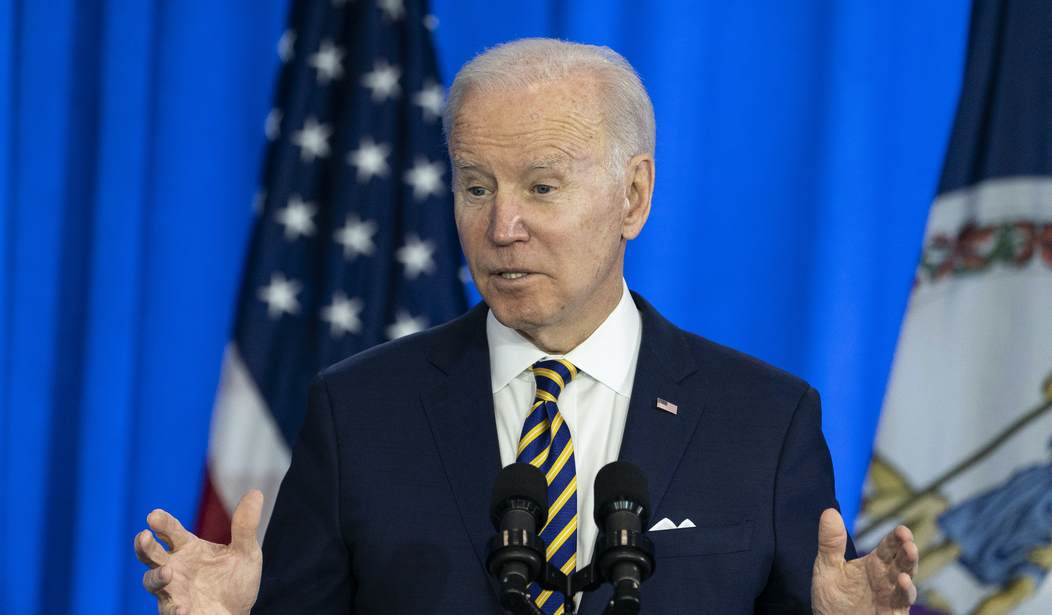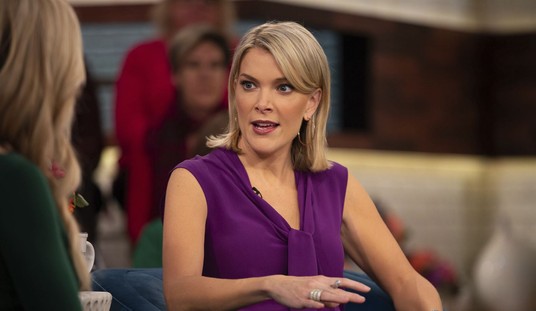President Joe Biden’s campaign promise to nominate a Black woman to the Supreme Court was many things: It was short-sighted. It was needlessly divisive. It was preemptively demeaning to the Black woman he eventually selects. It also suggests Biden either misunderstands or is ignoring the form and function of the Court itself.
After all, why couldn’t Biden simply select an excellent, prudent, qualified justice — someone committed to the preservation of the Constitution and to the rule of law — who happens to be a Black woman? Such a candidate certainly exists, and her nomination would be welcomed and be historic.
So why was it necessary to make race and sex the central reasons for her selection? Why was it necessary to place affirmative action at the heart of his Supreme Court nomination, even as the policy itself is up for Supreme Court review?
The answer: Identity politics. The same identity politics, in fact, which often result in policies that have been previously struck down by the Supreme Court itself.
Universities have repeatedly run up against the question of whether students may be chosen on the basis of race or sex, and Harvard is presently preparing to defend the constitutionality of just this sort of selection process.
After all, discrimination on the basis of sex or race — regardless of said discrimination’s intent — is still discrimination on the basis of sex or race.
“Preferring members of any one group for no reason other than race or ethnic origin is discrimination for its own sake,” Justice Lewis Powell wrote in the 1978 decision of Regents of the University of California v. Bakke, which rendered explicit racial quotas unconstitutional. “This the Constitution forbids.”
Recommended
It’s ironic, and a little concerning, that Biden seems comfortable using just such a preference in his own choice of the next Supreme Court nominee.
Biden has acknowledged that his nominee must be “somebody of extraordinary qualifications, character and integrity,” and I’m grateful to hear it. Our justices must be just this sort of person.
But this nominee will have been selected due to traits that excluded, presumably, many other similarly excellent candidates: Namely, her race and sex. The question of her qualifications, character and integrity are separate entirely from that simple fact.
Of course, the prevailing view among those in favor of his choice is that this is a legitimate means of promoting diversity in our society, wherever it may occur. The reasoning goes, more or less, that all of our institutions ought to reflect the racial make-up of the population. This is justice, they argue. This is parity.
They either don’t or won’t acknowledge that selectively identifying candidates for social, professional or political elevation – in this case, a Black woman – is necessarily discriminatory. This is one of the outcomes of identity politics.
Instead of promoting Black women on the basis of their excellence, this theory of justice proposes that we promote them on the basis of their sex and race. But this theory of justice is incompatible with the Constitution. There is no place for discriminatory practice on the Supreme Court.
The Court was intended to work as a conscience. It is a bulwark of Constitutional rights, liberties and the rule of law. Debts or dependence in any way to political trend or identity is contrary by definition to the function and form of the Supreme Court.
The rule of law is not partisan. The Constitution is not partisan, nor should its interpretation be. For nomination to the highest court in the United States, we ought to seek excellence as such — wherever it may be found, and in whomever it is present.
Biden has done a disservice not just to his eventual nominee but to the Court by weaponizing race and sex in his search for our next Supreme Court justice.
Timothy Head is executive director of the Faith & Freedom Coalition.

























Join the conversation as a VIP Member